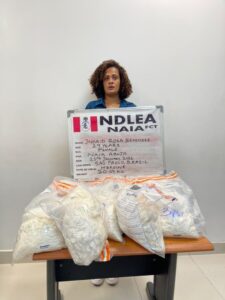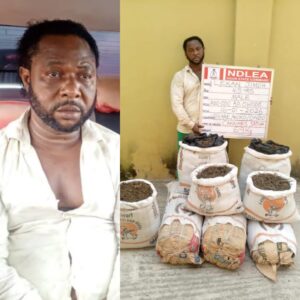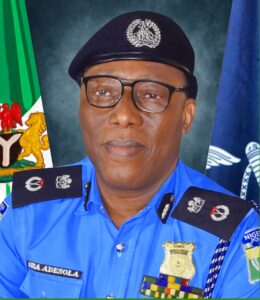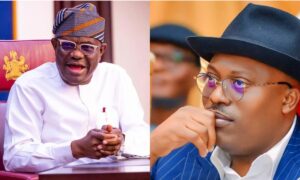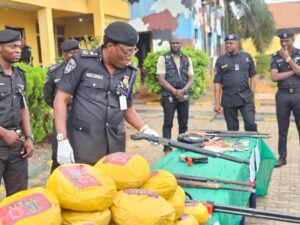INEC to approach Appeal Court to reconfigure BVAS for gubernatorial elections
3 min read
INEC to approach Appeal Court to reconfigure BVAS for gubernatorial elections
By Naomisophyblog
Nigeria’s Independent National Electoral Commission (INEC) plans to approach the Appeal Court on Monday, 6th March 2023, to reconfigure the Bimodal Voter Accreditation System (BVAS) for the March 11 state elections.
According to an exclusive by the News Agency of Nigeria (NAN) on Sunday, this became necessary due to an order restraining INEC from tampering with the information embedded in the BVAS machines until the due inspection was conducted.
INEC said it requires sufficient time to reconfigure the BVAS needed to conduct the election that would take place in all 36 states of the federation.
Need for reconfiguration: An INEC source who spoke to NAN said the electoral umpire needed to reconfigure the BVAS used for the March 25 Presidential elections and deploy them to polling units for Saturday’s gubernatorial election. The source said:
“The commission’s Legal Department is actually preparing an application to be filled in the court on Monday to seek an order for it to reconfigure its BVAS for Saturday Governorship and State Houses of Assembly election,”
“The source added that INEC technical team have to be deployed on time to commence the re-configuration of the device which has to be done one by one.
Read Also :2023 Election : INEC hastily declared Tinubu President-elect – Etiaba
“The order was important if the Saturday Governorship and state Houses of Assembly election must hold as scheduled, otherwise the postponement of the election became inevitable.”
What you should know: On Friday, a Court of Appeal in Abuja granted leave to the presidential candidates of the Labour Party, Peter Obi, and his Peoples Democratic Party (PDP) counterpart, Atiku Abubakar, to gain access to all the sensitive materials used by INEC for the conduct of the Feb. 25 presidential election.
The applicants urged the court to compel INEC to allow them to obtain documents it used for the presidential election to aid their petitions against the outcome of the presidential election. They said:
“An order granting the applicants’ permission to do electronic scanning and make photocopies of voter’s registration, ballot papers used in the conduct of the election for the office of the President of the Federal Republic of Nigeria held on the Feb. 25.
“An order granting leave to the applicants to carry out Digital Forensic Inspection of BVAS machines used for the conduct of the Feb. 25 election for the Office of President of the Federal Republic of Nigeria.”
The plaintiffs sought an order restraining INEC from tampering with the information embedded in the BVAS machines until the due inspection was conducted and Certified True Copies of them issued.
In case you missed it: Independent National Electoral Commission (INEC) declared the candidate of the All Progressives Congress (APC), Bola Tinubu, as the winner of the February 25 presidential election.
Tinubu won with a total of 8,794,726 votes to defeat his major rivals; Atiku Abubakar of the People Democratic Party (PDP) who garnered 6,984,520 votes, and Peter Obi of the Labour Party who secured 6,101,533 votes of the 24,965,218 total votes cast. Rabiu Kwankwaso of the New Nigeria Peoples Party (NNPP) polled 1,496,687 votes.
The announcement has also resulted in controversies over the process of voter transmission as many Nigerians reveal the results for the Polling Units were different from the results announced by INEC, which has led to the Labour Party seeking legal pathways to challenge the announcement.

